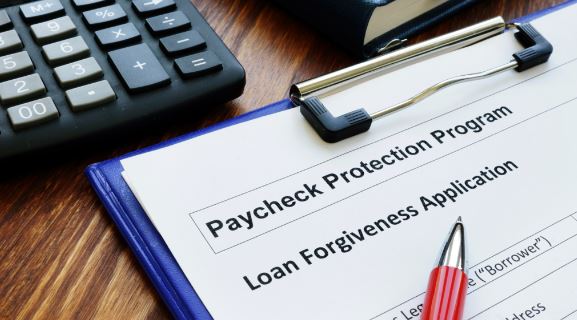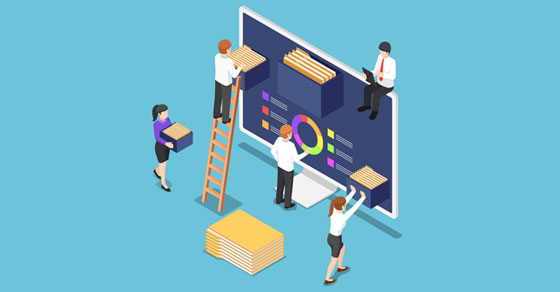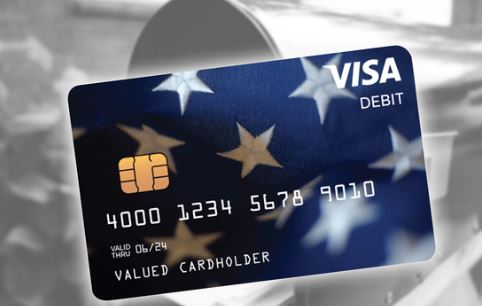 If you operate a small business, or you’re starting a new one, you probably know you need to keep records of your income and expenses. In particular, you should carefully record your expenses in order to claim the full amount of the tax deductions to which you’re entitled. And you want to make sure you can defend the amounts reported on your tax returns if you’re ever audited by the IRS or state tax agencies.
If you operate a small business, or you’re starting a new one, you probably know you need to keep records of your income and expenses. In particular, you should carefully record your expenses in order to claim the full amount of the tax deductions to which you’re entitled. And you want to make sure you can defend the amounts reported on your tax returns if you’re ever audited by the IRS or state tax agencies.
Certain types of expenses, such as automobile, travel, meals and office-at-home expenses, require special attention because they’re subject to special recordkeeping requirements or limitations on deductibility.
It’s interesting to note that there’s not one way to keep business records. In its publication “Starting a Business and Keeping Records,” the IRS states: “Except in a few cases, the law does not require any specific kind of records. You can choose any recordkeeping system suited to your business that clearly shows your income and expenses.”
That being said, many taxpayers don’t make the grade when it comes to recordkeeping. Here are three court cases to illustrate some of the issues.
Case 1: Without records, the IRS can reconstruct your income
If a taxpayer is audited and doesn’t have good records, the IRS can perform a “bank-deposits analysis” to reconstruct income. It assumes that all money deposited in accounts during a given period is taxable income. That’s what happened in the case of the business owner of a coin shop and precious metals business. The owner didn’t agree with the amount of income the IRS attributed to him after it conducted a bank-deposits analysis.
But the U.S. Tax Court noted that if the taxpayer kept adequate records, “he could have avoided the bank-deposits analysis altogether.” Because he didn’t, the court found the bank analysis was appropriate and the owner underreported his business income for the year. (TC Memo 2020-4)
Case 2: Expenses must be business related
In another case, an independent insurance agent’s claims for a variety of business deductions were largely denied. The Tax Court found that he had documentation in the form of cancelled checks and credit card statements that showed expenses were paid. But there was no proof of a business purpose.
For example, he made utility payments for natural gas, electricity, water and sewer, but the records didn’t show whether the services were for his business or his home. (TC Memo 2020-25)
Case number 3: No records could mean no deductions
In this case, married taxpayers were partners in a travel agency and owners of a marketing company. The IRS denied their deductions involving auto expenses, gifts, meals and travel because of insufficient documentation. The couple produced no evidence about the business purpose of gifts they had given. In addition, their credit card statements and other information didn’t detail the time, place, and business relationship for meal expenses or indicate that travel was conducted for business purposes.
“The disallowed deductions in this case are directly attributable to (the taxpayer’s) failure to maintain adequate records,“ the court stated. (TC Memo 2020-7)
We can help
Contact us if you need assistance retaining adequate business records. Taking a meticulous, proactive approach to how you keep records can protect your deductions and help make an audit much less painful.
 President Trump signed a bill Saturday re-opening the application window for the Paycheck Protection Program (PPP) until Aug. 8.
President Trump signed a bill Saturday re-opening the application window for the Paycheck Protection Program (PPP) until Aug. 8.


 There have been important updates from the SBA and the IRS this week that we wanted to pass along to you. Here is a summary of each update:
There have been important updates from the SBA and the IRS this week that we wanted to pass along to you. Here is a summary of each update:
 Due to the COVID-19 pandemic, the IRS was unable to mail some previously printed balance due notices as a result of office closures. As IRS operations continue to reopen, these notices will be delivered to taxpayers in the next few weeks.
Due to the COVID-19 pandemic, the IRS was unable to mail some previously printed balance due notices as a result of office closures. As IRS operations continue to reopen, these notices will be delivered to taxpayers in the next few weeks.
 If you operate a small business, or you’re starting a new one, you probably know you need to keep records of your income and expenses. In particular, you should carefully record your expenses in order to claim the full amount of the tax deductions to which you’re entitled. And you want to make sure you can defend the amounts reported on your tax returns if you’re ever audited by the IRS or state tax agencies.
If you operate a small business, or you’re starting a new one, you probably know you need to keep records of your income and expenses. In particular, you should carefully record your expenses in order to claim the full amount of the tax deductions to which you’re entitled. And you want to make sure you can defend the amounts reported on your tax returns if you’re ever audited by the IRS or state tax agencies.
 As more Economic Impact Payments continue to be sent out, the IRS has notified taxpayers that some payments are being sent by prepaid debit card instead of a paper check.
As more Economic Impact Payments continue to be sent out, the IRS has notified taxpayers that some payments are being sent by prepaid debit card instead of a paper check.